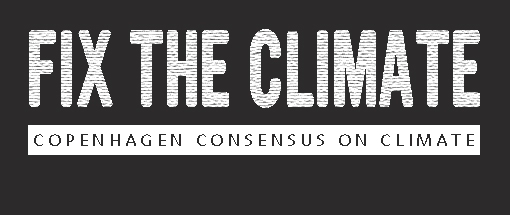Fix The Climate: Cutting Methane Emissions Assessment, Kemfert Schill
Assessment Paper
The working paper used by the Expert Panel is available for download here, the finalized paper has been published in Smart Solutions to Climate Change by Cambridge University Press.
Methane is a major anthropogenic greenhouse gas, second only to carbon dioxide in its impact on climate change. Methane has a variety of sources that can be small, geographically dispersed, and not related to energy sectors.
Prof. Dr. Claudia Kemfert and Wolf-Peter Schill analyze methane emission abatement options in five different sectors and identify economic mitigation potentials for different CO2 prices.
They recommend an economically efficient global methane mitigation portfolio for the year 2020 that includes the sectors of livestock and manure, rice management, solid waste, coal mine methane and natural gas.
Depending on assumptions of social costs of carbon, this portfolio leads to global methane mitigation levels of 1.5 or 1.9 GtCO2-eq at overall costs of around $14 billion or $30 billion and benefit/cost ratios of 1.4 and 3.0, respectively.
They also examine an economically less efficient alternative portfolio that excludes cost-effective agricultural mitigation options. It leads to comparable abatement levels, but has higher costs and lower benefit/cost ratios.
Spending an even larger amount of money – say, $250 billion – on methane mitigation would be economically inefficient. If the global community wanted to spend such an amount, Kemfert and Schill recommend spreading the effort cost-effectively over different greenhouse gases.
They conclude that, while methane mitigation alone will not suffice to solve the climate problem, it is a vital part of a cost-effective climate policy, and urge policy makers to put more emphasis on methane mitigation.

